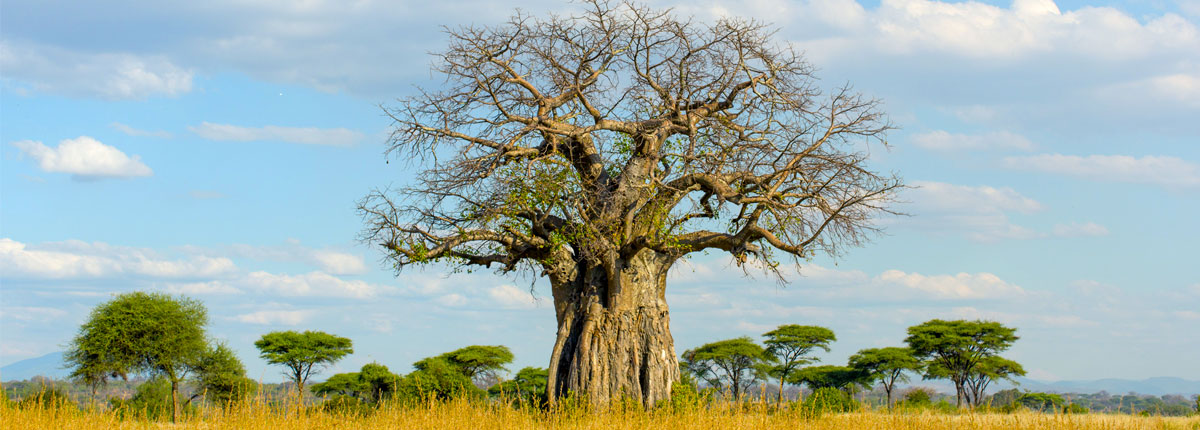Gerry and I decided to spend a week exploring Rwanda to gain experience in a different East African country. We were eager to learn what progress had been made since the 1994 genocide and how President Kagame’s peculiar form of go-it-alone development was working. We also wanted to see the famous gorillas in Volcanoes National Park. Although the 1994 genocide was a severe setback to the country’s fragile economy, it has made rapid progress and its economy has rebounded to levels way beyond pre-1994 levels. It has become a destination for international tourism. The following photos are mainly from the countryside of the land of a thousand hills.
Rwanda is a small landlocked country in the Great Lakes Region of East Africa with an area slightly less than that of Maryland and with twice the population of over 12 million. The population density is similar to that of the Netherlands making it one of the most densely populated countries in Africa. The high average elevation of over 5000 feet and its very hilly landscape led to it being called “Land of A Thousand Hills”. The mild climate with abundant rainfall allow crop production year-round. Agriculture accounts for 33% of GDP and is mostly subsistence. Tea and coffee are the major cash crops grown for export. The most productive subsistence crops are plantains, cassava, potatoes, sweet potatoes, maize and beans.













































